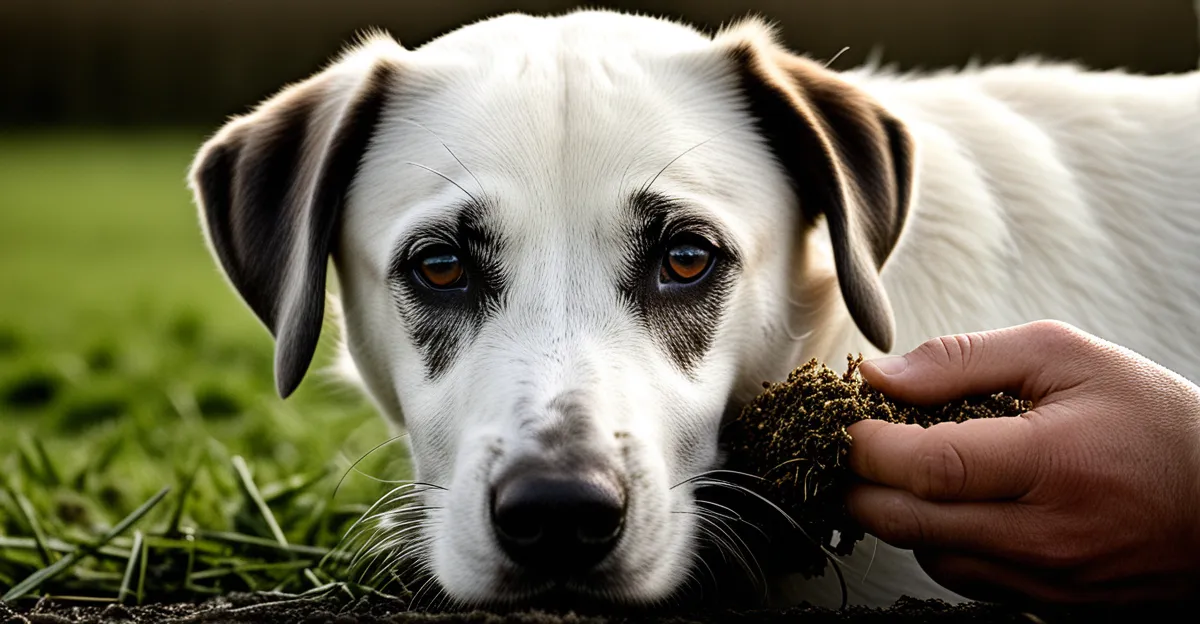Essential Pet Training Methods for the UK
Successful pet training UK relies heavily on clear, step-by-step techniques tailored to common pets such as dogs and cats. For UK dog training, starting with basic obedience commands like sit, stay, and recall establishes a strong foundation. Similarly, cat training UK often focuses on litter habits and scratching behaviour, adapting to the individual pet’s personality.
At the heart of effective pet training lies positive reinforcement. This method uses treats, praise, or toys to reward desirable behaviours immediately, ensuring pets associate good behaviour with positive outcomes. Consistency in this approach reinforces learning and reduces confusion.
In the same genre : What are the most common pet health issues in the UK and how can they be prevented?
When practicing home pet training, adapting techniques to fit different pet personalities is crucial. For example, more anxious pets may require shorter, gentler sessions, while confident pets benefit from more frequent challenges. Recognising these differences makes training more successful and enjoyable for both owner and pet.
In summary, combining a structured, stepwise approach with compassionate, reward-based techniques is key to mastering pet training UK. This empowers owners to cultivate well-behaved, happy companions within their own homes.
Also to read : What Are Some Common Misconceptions About Pet Care in the UK?
Understanding UK-Specific Pet Training Considerations
Important legal and cultural factors influencing training in the UK
Understanding the unique aspects of pet training UK requires awareness of UK pet laws and pet training regulations UK designed to promote animal welfare. These laws dictate standards for treatment and behaviour expectations, ensuring that training methods align with humane principles. For example, the Animal Welfare Act 2006 mandates that owners provide suitable training and care, reinforcing responsible ownership.
Cultural norms in the UK also shape responsible pet training. British pet owners often value well-mannered behaviour in public spaces, such as polite dog walking and controlled socialisation, which must be integrated into effective pet training plans. This societal context influences how trainers design sessions for dogs and cats to thrive both at home and in community settings.
Local resources strengthen training efforts. Numerous community centres, veterinary clinics, and rescue organisations offer workshops and advice tailored to UK-specific needs, supporting consistent home pet training. Engaging with these support networks helps owners stay informed about legislation and culturally accepted standards, enhancing the success and compliance of their training approaches across the UK.
Comparing Home Training and Professional Trainers in the UK
Finding the best approach for pet training UK often means weighing home versus professional help.
Home pet training offers owners flexible scheduling and personalised attention. It allows you to work closely with your pet’s daily routine, adapting sessions to suit their mood and behaviour. However, challenges include potential gaps in expertise and the risk of inconsistent techniques, which can slow progress or cause confusion. Understanding how to plan effective sessions is essential for success with home pet training.
On the other hand, UK pet trainers provide structured programmes backed by experience. Dog training courses UK often cover obedience, socialisation, and behaviour correction using proven methods aligned with pet training regulations UK. Cat behaviourists UK offer specialised insights for feline-specific issues, something less accessible through home training alone. These professionals can identify subtle behavioural cues and offer customised plans.
The cost and accessibility of professional training vary. While some services demand higher fees, many community-based UK pet training options remain affordable or provide subsidised programmes. Ultimately, combining home pet training with expert guidance can offer balanced, effective pet training UK, leveraging both familiarity and professional knowledge.
Positive Reinforcement Techniques for UK Pets
Positive reinforcement is central to effective pet training UK, using reward-based training UK approaches to encourage desirable behaviours. Treats, verbal praise, and toys serve as immediate rewards, helping pets make strong associations between actions and positive outcomes. For example, during UK dog training, offering a treat right after the “sit” command increases obedience reliably.
Consistency and timing are crucial. The reward must follow behaviour promptly; otherwise, the pet may not connect the two. Sessions should be brief but frequent to maintain engagement, especially for cats, where cat training UK benefits from short, playful intervals. Patience is key—some pets need more repetitions to grasp commands or habits fully.
A common question is whether punishment helps. Studies show that reward-based training outperforms punishment, which can lead to fear or anxiety, undermining progress. Instead, redirecting unwanted behaviour and rewarding alternatives promotes lasting behavioural change. This humane training technique complies with ethical standards advocated in the UK, supporting positive experiences for both pet and owner.
Incorporating positive reinforcement into home pet training fosters trust and enthusiasm, making learning a rewarding activity rather than a chore. This method aligns perfectly with UK cultural norms prioritising kindness and respect in pet care.







